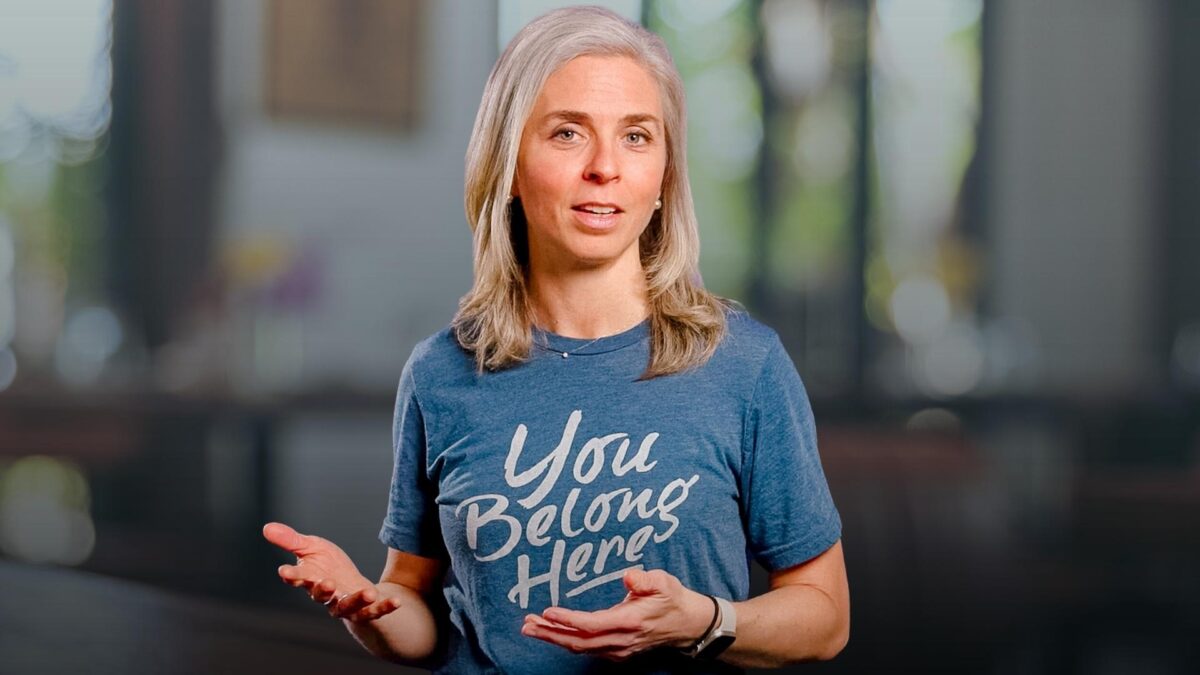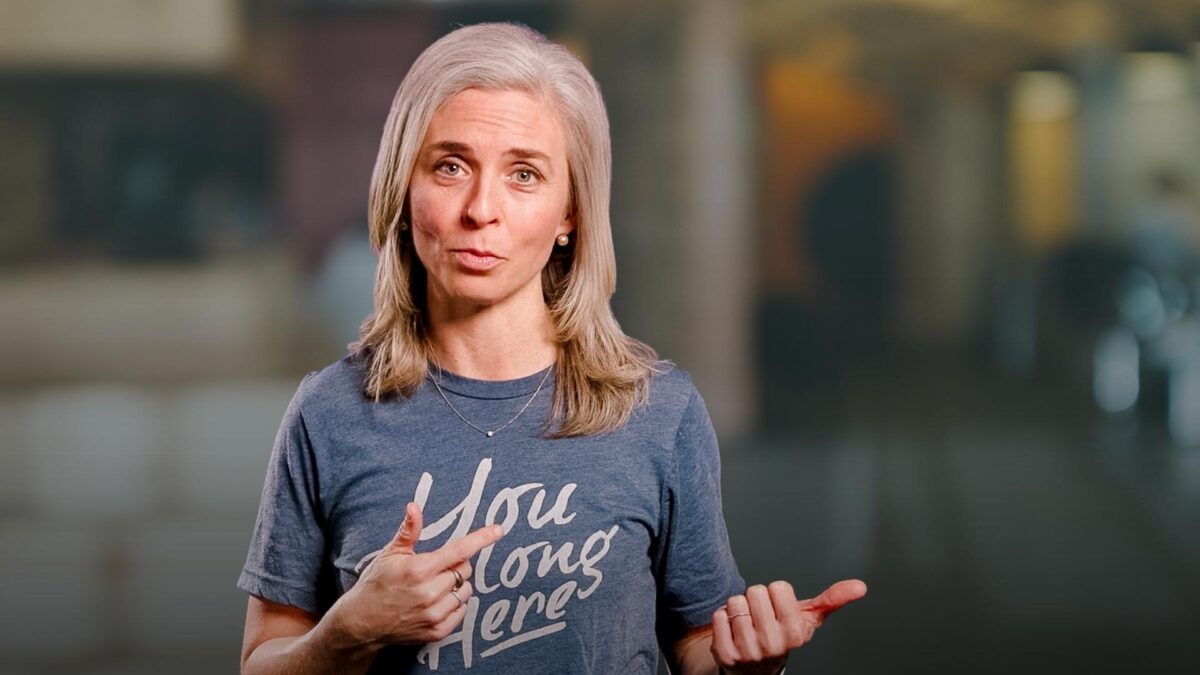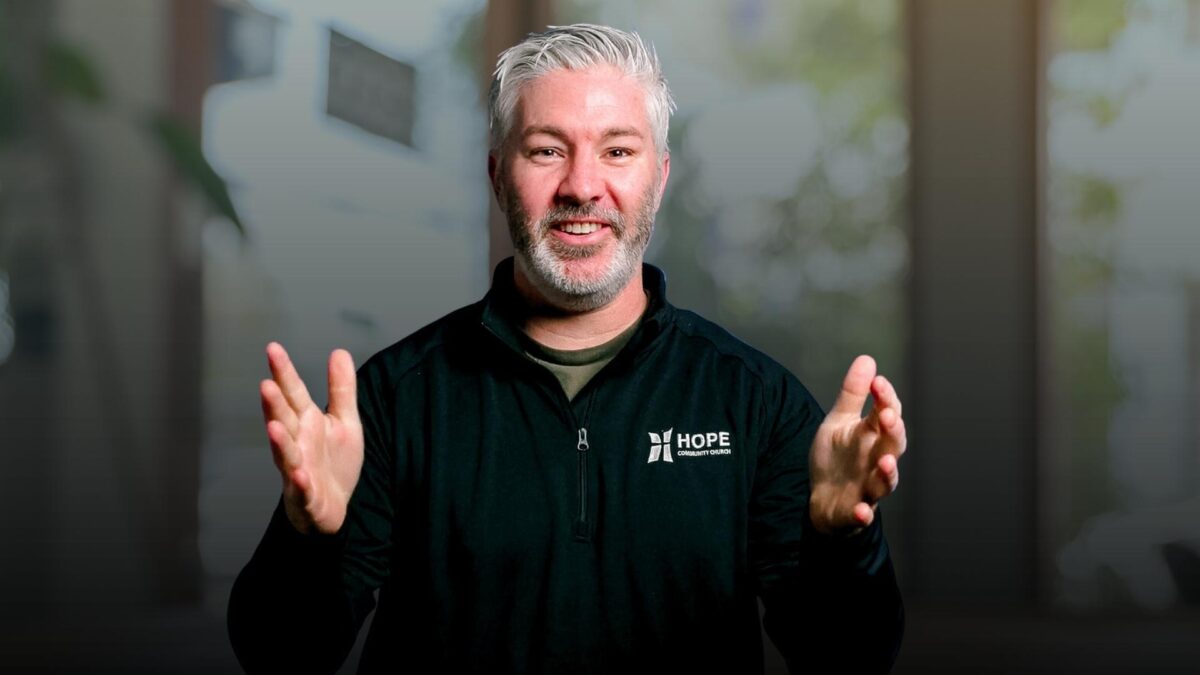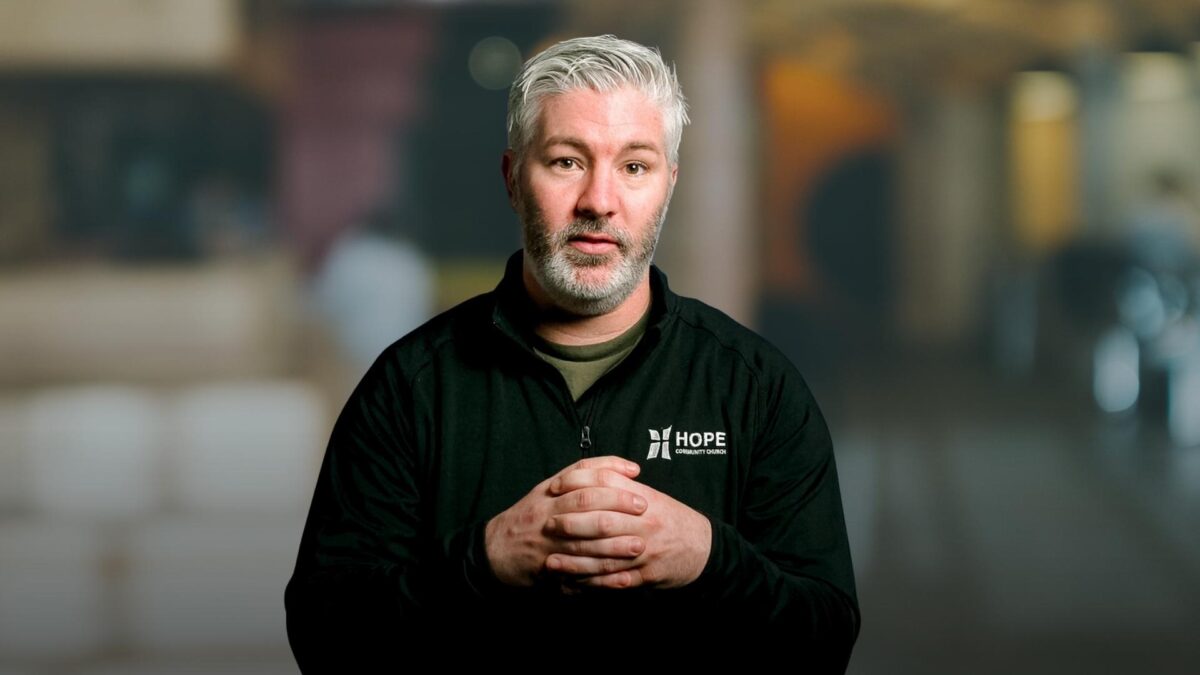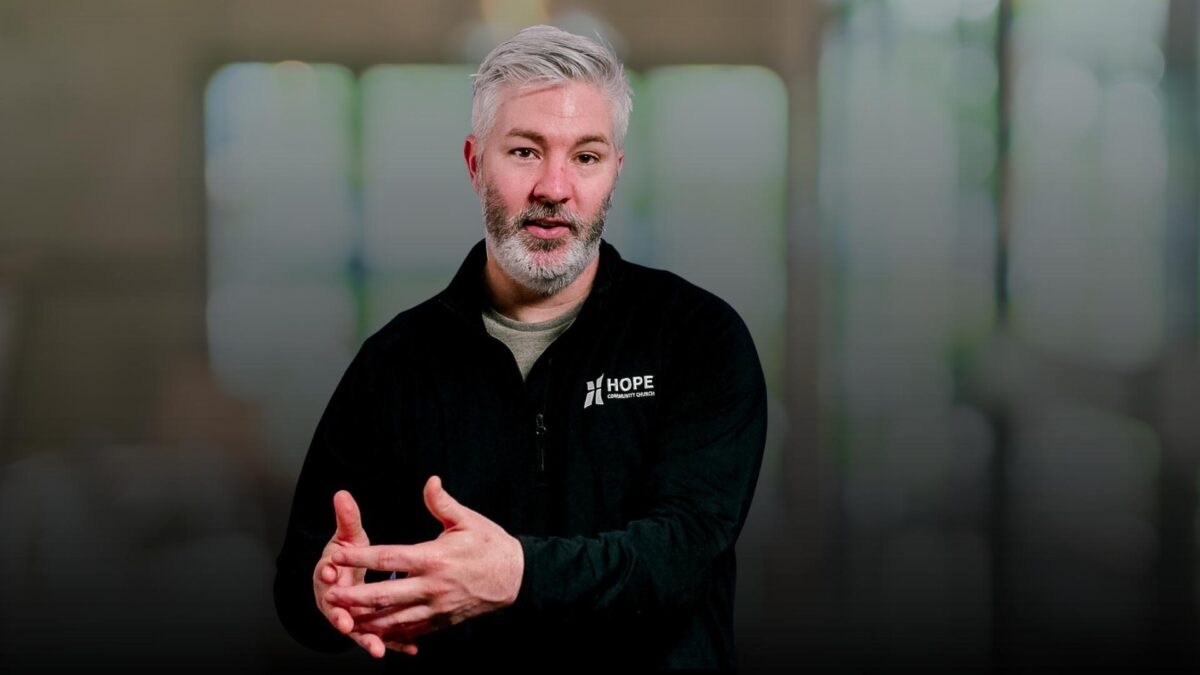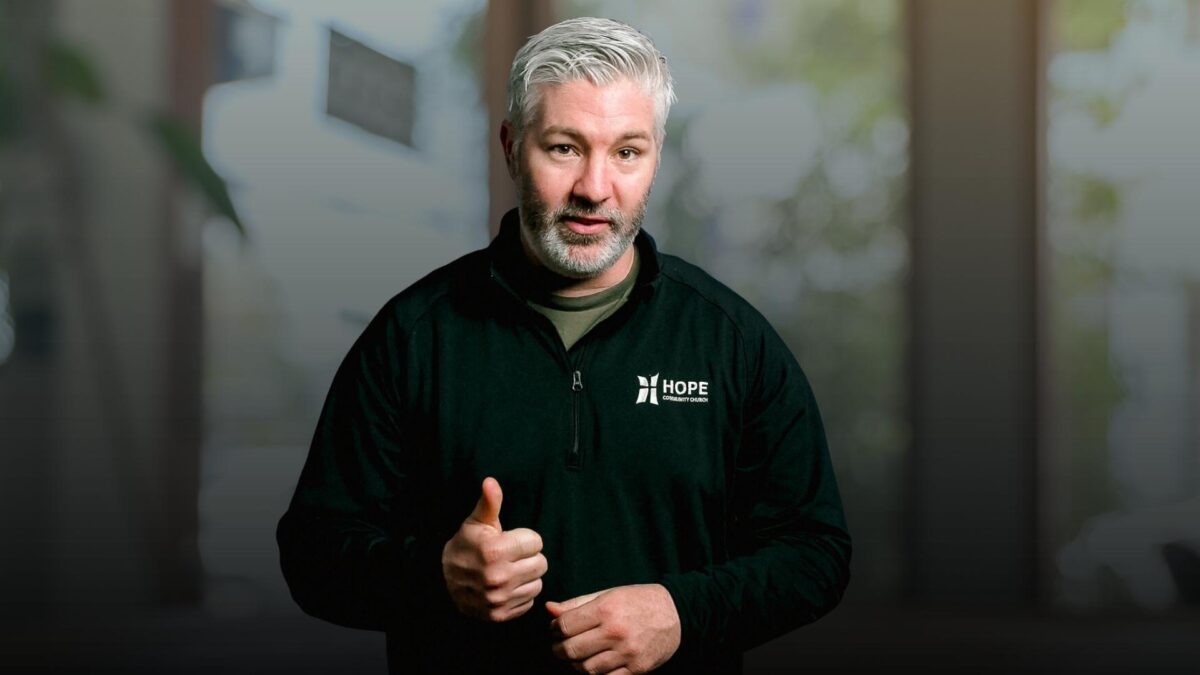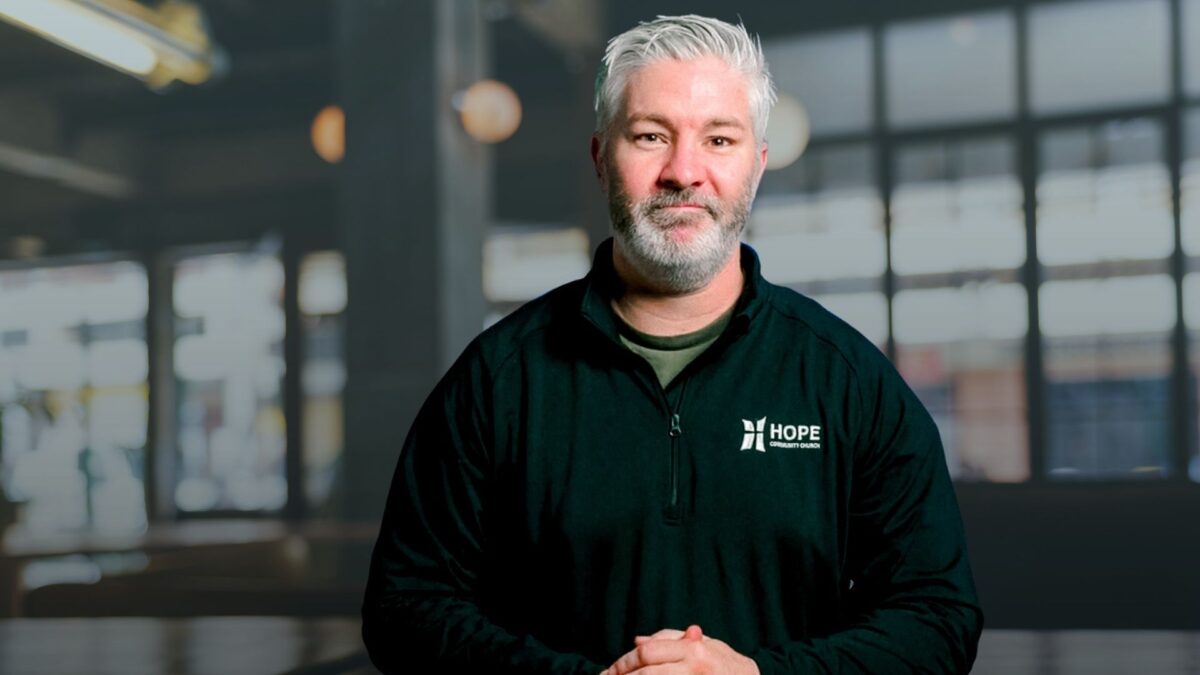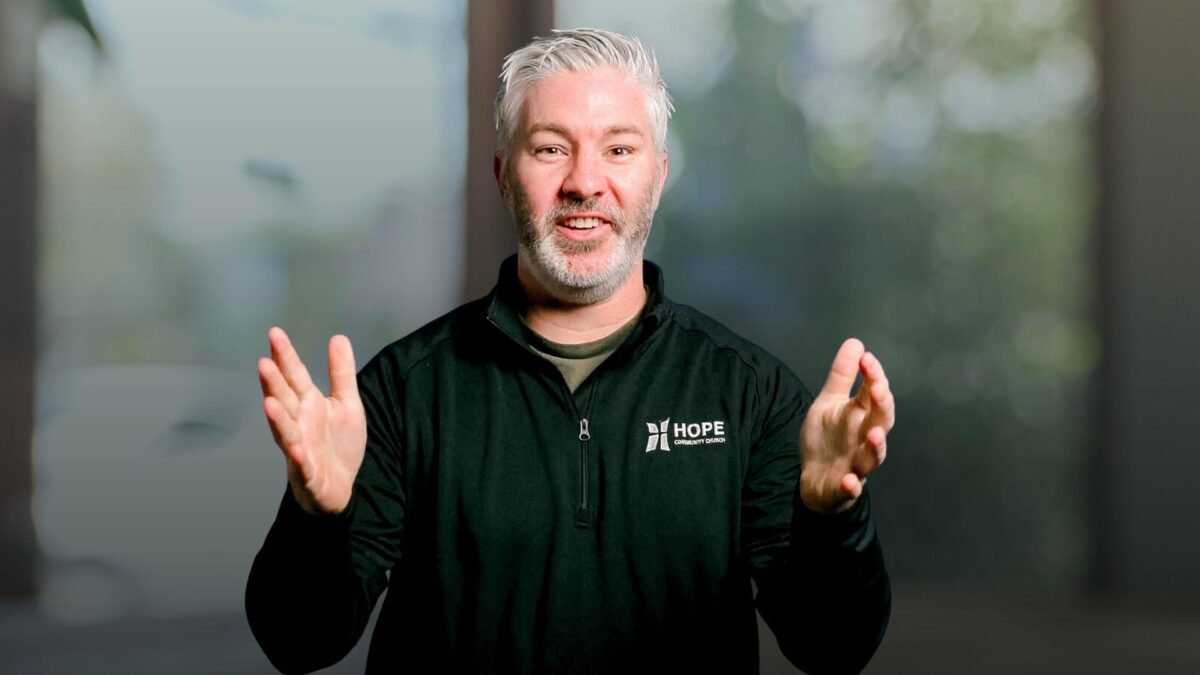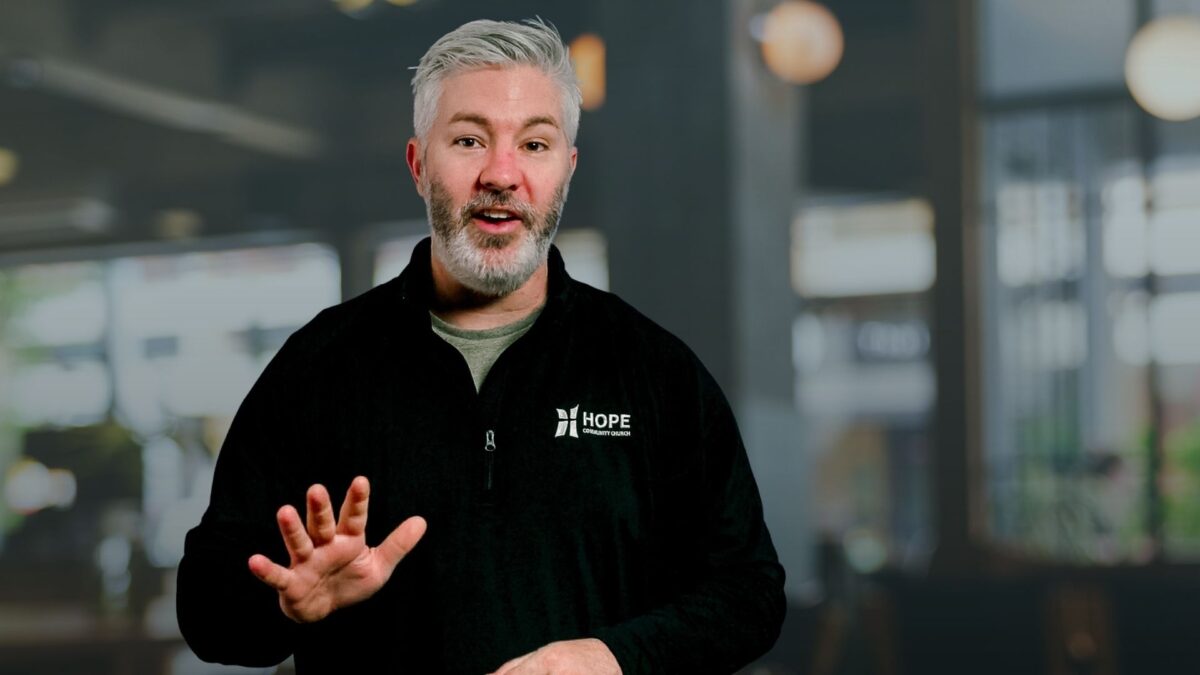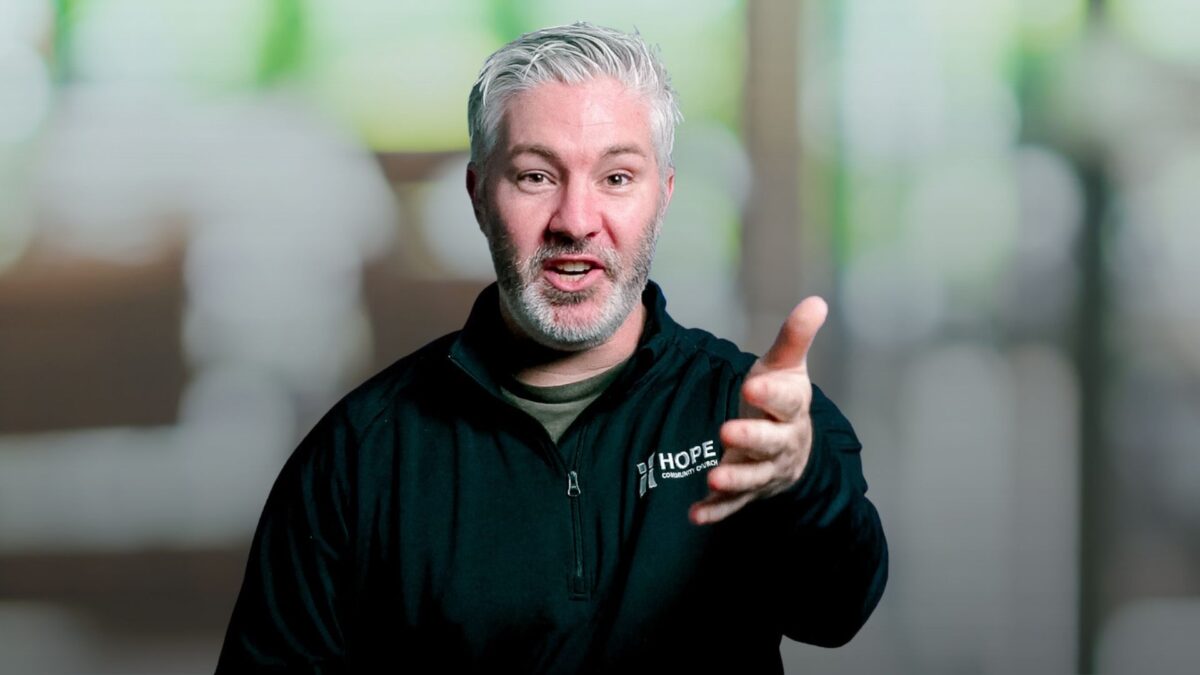How We Set Our Kids up to Thrive
In our last video we talked about what it takes to set our kids up to thrive.
But…how?
It’s actually quite simple and only requires three things (that you already have, by the way):
- You. (check!)
- Your home. (check!)
- Your calendar. (and that’s the real topic of this video)
The bottom line: In order for our kids to feel that they are worth showing up for, we’ll have to show up for them. And when we show up, it’s important that we LISTEN to what they have to say.
The best way to do that: an intentionally planned and upheld family conversation in your home each and every week. As a church that wants to see your family thrive, our challenge for every family is to adopt the following plan:
- Choose a time your family will gather at a table in your home each week just for the sake of a conversation. And then:
- Stick to the time.
- Prioritize the time.
- Incentivize the time (make it fun!)
- Come prepared with a way to start the conversation…but pro-tip, don’t try to control the conversation. Let it flow. Your goal: just to create a place where your kids can feel safe to talk and to ask tough questions. This isn’t a time to manage behaviors from early in the day.
- Power through the awkward. Not all of the conversations will go well. Sometimes people will get sent to their rooms. Sometimes spaghetti-o’s will be thrown. Sometimes the worst part will be all the silence. Sometimes questions will be asked that you can’t answer. All of it is worth it.
If you instantly have all of the reasons why this won’t work, then you’re not alone. Most of us think, “But my child is 3. We can’t have a conversation.” Sure…but you are communicating something when you keep sitting down together. And you keep prioritizing your child.
Or we think, “Our schedule is just too busy with all of our extracurricular activities.” You’re probably right. Is there something that will have to go to make this work? Or is there an unconventional time that your family will have to gather each week? Whatever you have to do, do it.
Because in the end, not asking the questions or choosing to prioritize the time doesn’t change the fact that your kids need you and really do want to talk to you. And if they aren’t asking you tough questions or grappling with their emotions in front of you, it doesn’t mean it’s not happening. It just means you aren’t a part of the conversation. Whose advice are they seeking instead? Or, worse, are their own thoughts the loudest thing they hear as they gradually come to believe things you’d never want them to think?
Of all the questions you could ask yourself that would serve as a barrier to incorporating a family conversation into your weekly rhythm, I’d love to counter them with a different question for you to ponder:
What happens if you don’t do this? What happens if your child doesn’t have a safe, consistent place and the most important voice in their life providing a time each week that they can count on to hear and be heard?
Grab your calendar and your family. Find a table and look across it at the people God gave you. What do they need you to see? What do you need them to see? And how can this lead to you both seeing something only God can reveal in these moments of true connection? Of all the battles you have to choose as a parent, this is the one worth fighting for.
